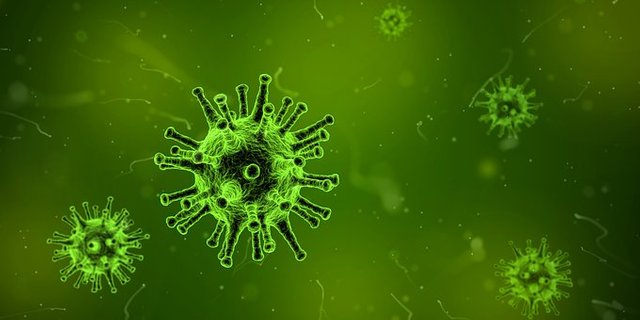How Cells Tell the Time
Red blood cells have no DNA but still exhibit circadian rhythms.
Understanding how circadian rhythms are controlled might help cure jet-lag.

Human Red Blood Cells and Peroxiredoxins
Cambridge University released news of a study (led by Akhilesh Reddy) into daily changes that occur within human red blood cells. It was shown that there are regular alterations in the level of peroxiredoxins on a 24-hour cycle.
The cells had been kept in the dark, yet without external clues (day and night) they showed 24-hour (circadian) rhythmicity. Human red blood cells have no nucleus, so this behaviour cannot be controlled directly by DNA.
Peroxiredoxins are involved in the regulation of many biochemical pathways, and it seems that circadian rhythmicity is 'built in' to cells at a very fundamental level.
Similar studies (at Edinburgh University) have shown the same fluctuation in peroxiredoxins in marine algae, and this suggests a very ancient mechanism (dating back to the time before plants and animals had evolved).
Reasons for Circadian Rhythms
Our human ancestors were better off saving their energy at night by sleeping quietly in a safe place. They could neither hunt nor gather in the dark, and in any case there were nocturnal predators on the prowl!
Why simple marine algae should also have regular daily rhythms is more difficult to understand at first, but it is probably related to the advantages that phytoplankton (small photosynthetic organisms in the ocean surface waters) get from their vertical migrations.
These small 'plants' rise in the water column to photosynthesise during daylight hours, then sink into the dark depths at night to avoid grazing planktonic animals. Going down when it gets dark could simply be a response to lowering light levels, but how could they 'know' when to come up again without a clock?
The studies reported here suggest that: "body clocks are ancient mechanisms", and that: "they must be far more important and sophisticated than we previously realised".
In some cases the advantages of adapting behaviour and metabolism to a 24-hour cycle are obvious, but they remain unclear for many others, and the evolutionary pressures that led to their distant origins remain obscure.
Understanding Circadian Rhythms
Human health is affected when our behaviour ignores the 24-hour cycle of our cellular metabolism. Shift-workers often suffer health consequences, and the phenomenon of 'jet-lag' is well known.
Understanding the details of how our bodies change when day becomes night, down to the level of biochemical mechanisms within individual cells, might help remedy these maladies.
Whatever their significance and origins, a better understanding of the biochemistry of circadian rhythms might help develop cures for jet-lag!
Reference:
'Ancient body clock discovered that helps to keep all living things on time', University of Cambridge (News and Events) http://www.cam.ac.uk/research/news/ancient-body-clock-discovered-that-helps-to-keep-all-living-things-on-time
Does this mean it is unhealthy to work at night or stay up late?